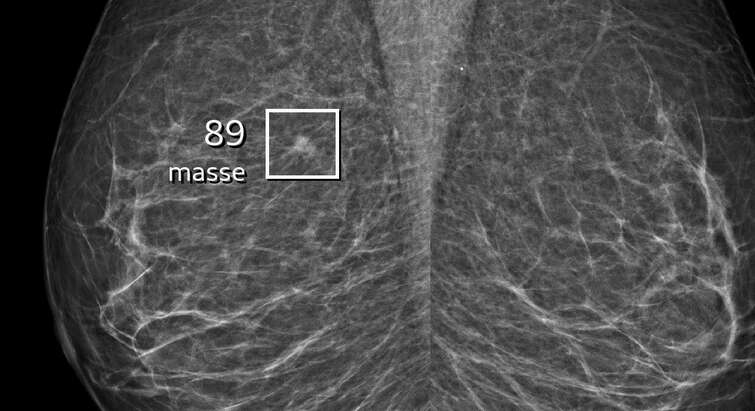
News about Health
Viser 553 til 576 af 1448 dokumenter.


Children born underweight are at increased risk of disease if they develop obesity
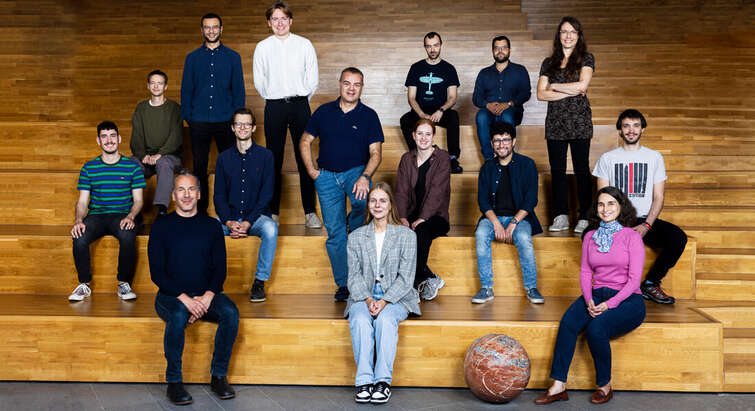
New Gene-Editing Tool Could Revolutionize Genetic Disease Treatment
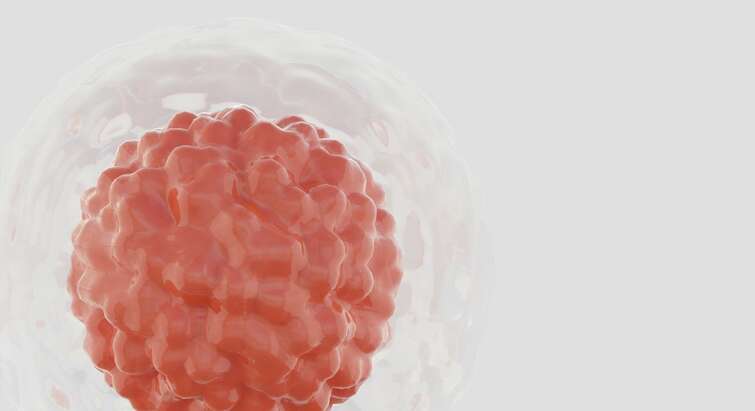
Fertility treatments could get boost from stem cells
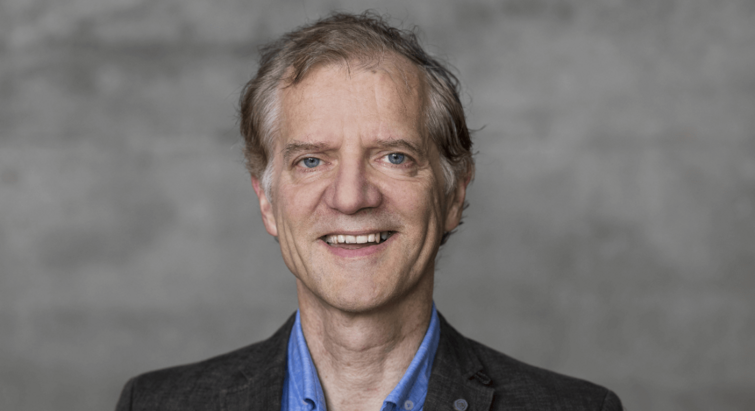
Matthias Mann receive prestigious award for pioneering protein research

Now we know why successful treatment does not affect specific cancer cells
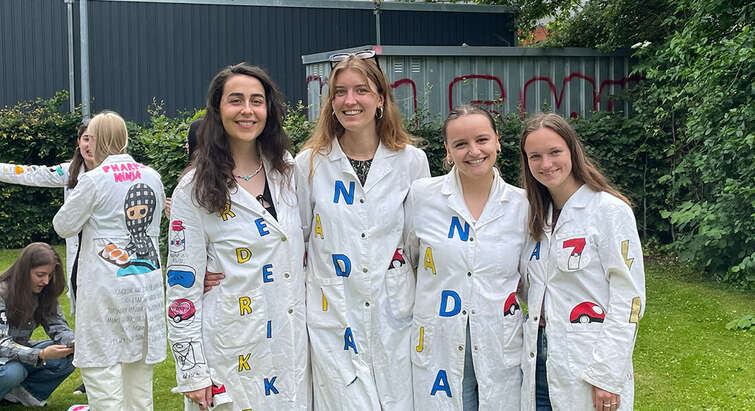
Pharmacy students celebrated last exams with their fiery tradition

Pharmacy students celebrated last exams with their fiery tradition
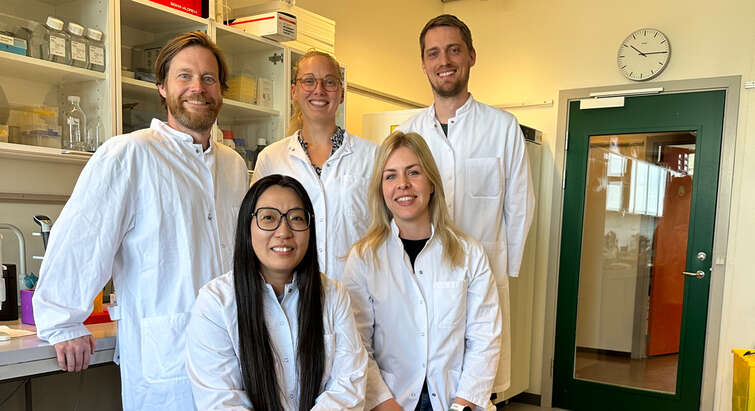
Claus investigates COVID-19's long-term effects

Urban planning at the heart of increasingly severe East African flood impacts in a warming world

Marina Carmona Fajardo

500 million DKK to research in resilient crops and ecosystems

500 million DKK to research in resilient crops and ecosystems
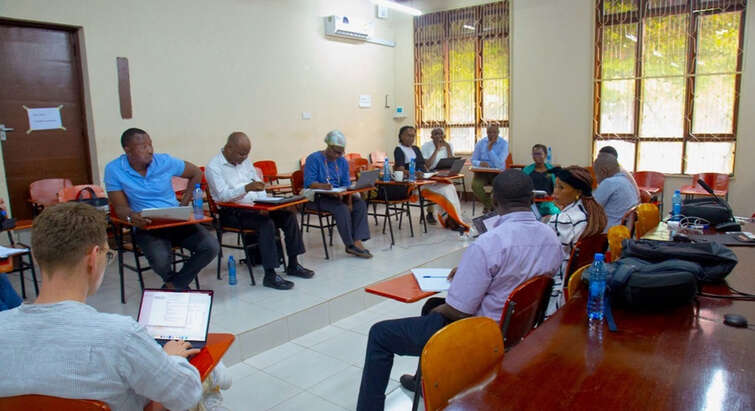
Y-ENGAGE Team Initiates Data Analysis at In-Person Meeting in Dar es Salaam

Exploring the role of root microbiome in plant domestication

Exploring the role of root microbiome in plant domestication
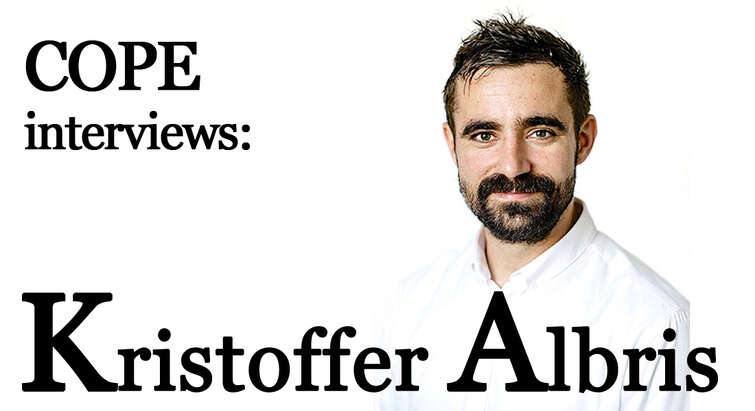
Interview with Kristoffer Langkjær Albris
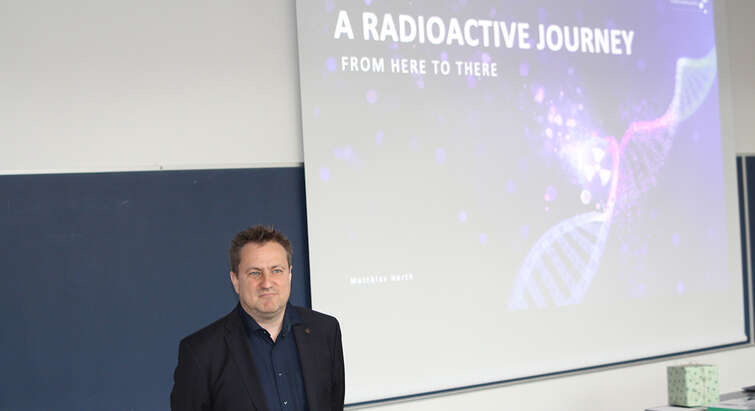
Our new professor of radiopharmaceutical chemistry

Unravelling Water Scarcity and Pathogen Transmission: PhD Research Stay in Bangladesh
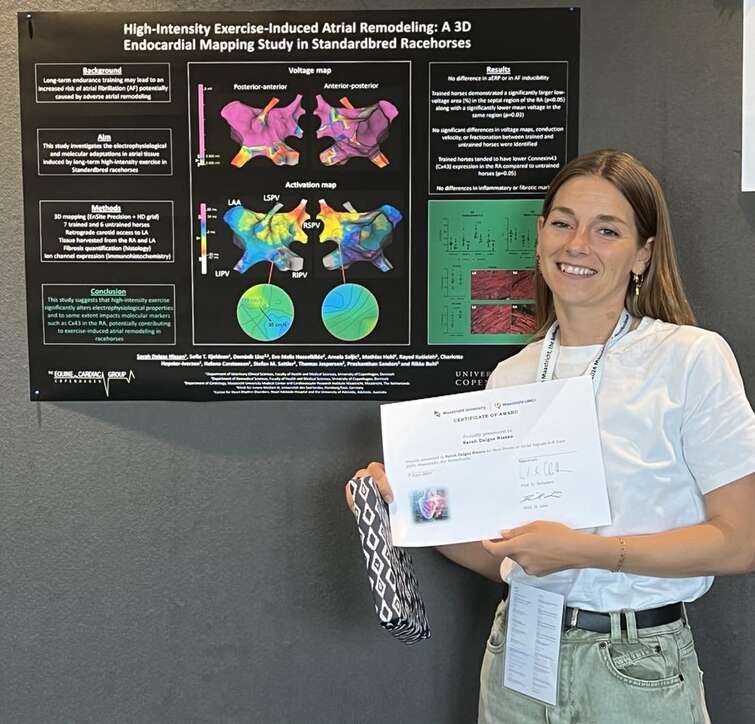
Best poster presentation - Sarah Nissen

Gaja Kobal

New parenting programme to help children in families with complex psychosocial problems
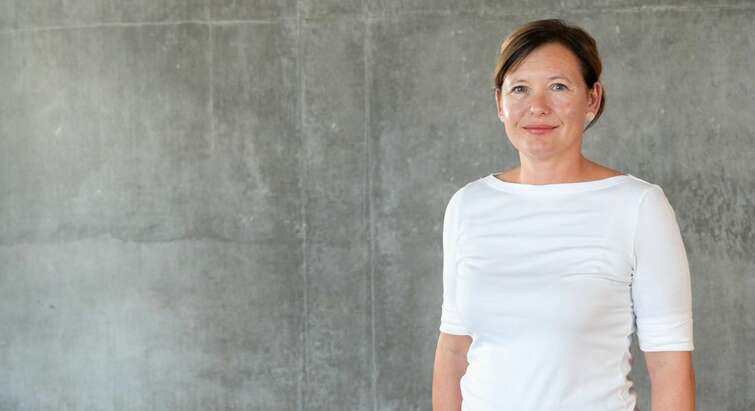
New research centre on complex health issues

